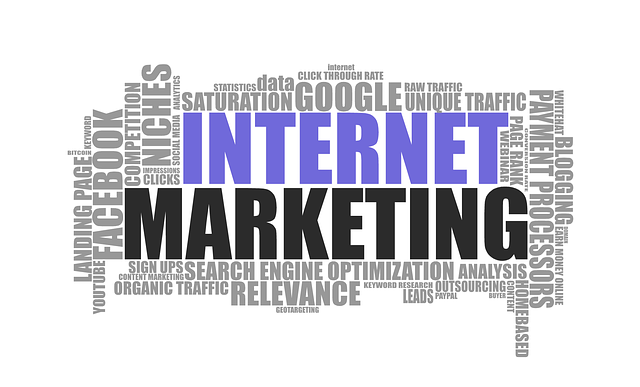In today's digital era, automotive shops leverage AI-powered chatbots and virtual assistants for 24/7 customer support, improving satisfaction and efficiency. Personalized marketing, driven by AI data analytics, enables targeted campaigns based on individual customer behavior and preferences, boosting engagement and loyalty in a competitive market. AI systems also optimize parts inventory management and predictive maintenance, reducing costs, minimizing downtime, and enhancing overall business performance within the digital automotive landscape, while positioning shops as forward-thinking and customer-centric through innovative use of AI technologies for marketing and operations.
In today’s digital age, automotive shops must adapt to stay competitive. AI customer service strategies offer a revolutionary approach, transforming how businesses interact with clients. This article explores three key areas: enhancing engagement through AI-powered chatbots and virtual assistants; leveraging data analytics for personalized marketing in the automotive industry; and streamlining operations with AI inventory management and predictive maintenance solutions. Discover how these innovative AI systems can revolutionize your business’s marketing strategies.
- Enhancing Customer Engagement: AI-Powered Chatbots and Virtual Assistants
- Personalized Marketing with AI Data Analytics
- Streamlining Operations: AI for Efficient Parts Inventory Management and Predictive Maintenance
Enhancing Customer Engagement: AI-Powered Chatbots and Virtual Assistants

In today’s digital era, enhancing customer engagement is paramount for automotive shops to stay competitive. One effective strategy involves leveraging AI-powered chatbots and virtual assistants. These innovative tools can provide 24/7 availability, instantly addressing customer inquiries about vehicle maintenance, pricing, and service offerings. By offering real-time interactions, AI systems for automotive business marketing not only improve customer satisfaction but also allow human agents to focus on more complex issues, ultimately increasing efficiency.
Chatbots and virtual assistants can be integrated into various touchpoints across the customer journey, from initial inquiries to post-service follow-ups. They can offer personalized recommendations, schedule appointments, and even guide customers through troubleshooting steps. This level of interaction fosters a deeper connection between the shop and its clients, positioning the business as forward-thinking and customer-centric.
Personalized Marketing with AI Data Analytics

Personalized marketing is a game-changer in the automotive industry, and AI data analytics plays a pivotal role in achieving this. By leveraging machine learning algorithms, automotive shops can gain valuable insights into customer behavior, preferences, and service history. This enables them to create tailored marketing campaigns that resonate with individual clients. For instance, AI systems can analyze past maintenance records and purchase patterns to identify patterns and offer targeted promotions, such as personalized discounts on recommended services or new vehicle upgrades.
Using AI for marketing allows automotive businesses to move beyond generic advertising. They can now deliver relevant content at the right time, enhancing customer engagement and satisfaction. This strategy not only increases sales but also fosters a loyal customer base by demonstrating an understanding of each client’s unique needs and interests in the competitive automotive market.
Streamlining Operations: AI for Efficient Parts Inventory Management and Predictive Maintenance

In today’s digital era, AI systems are revolutionizing every aspect of automotive businesses, and customer service is no exception. One of the most significant ways AI enhances operations is through efficient parts inventory management. By utilizing machine learning algorithms, AI can analyze historical data to predict future part requirements, ensuring that auto shops never run out of essential components. This predictive capability not only streamlines inventory but also reduces costs associated with overstocking or understocking.
Furthermore, AI-driven predictive maintenance offers a competitive edge by enabling workshops to anticipate and prevent equipment failures. These systems can monitor machine performance, identify patterns, and schedule maintenance before breakdowns occur. Such proactive measures lead to less downtime, increased productivity, and happier customers—a key advantage in the competitive automotive business marketing landscape.
AI is transforming the automotive industry, and its potential in customer service is undeniable. By implementing AI-powered chatbots and virtual assistants, automotive shops can enhance customer engagement and provide 24/7 support. Utilizing AI data analytics enables personalized marketing strategies, fostering stronger customer relationships. Additionally, AI streamlines operations through efficient parts inventory management and predictive maintenance, reducing costs and improving overall business efficiency. Embracing these AI customer service strategies is crucial for automotive businesses to stay competitive in today’s digital age.
